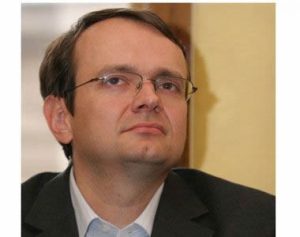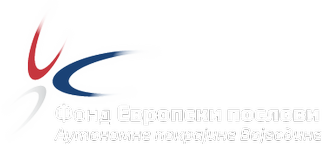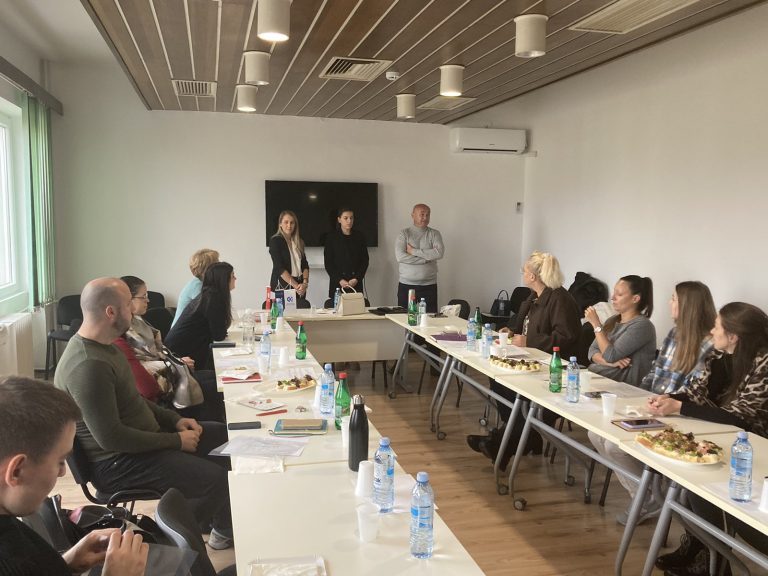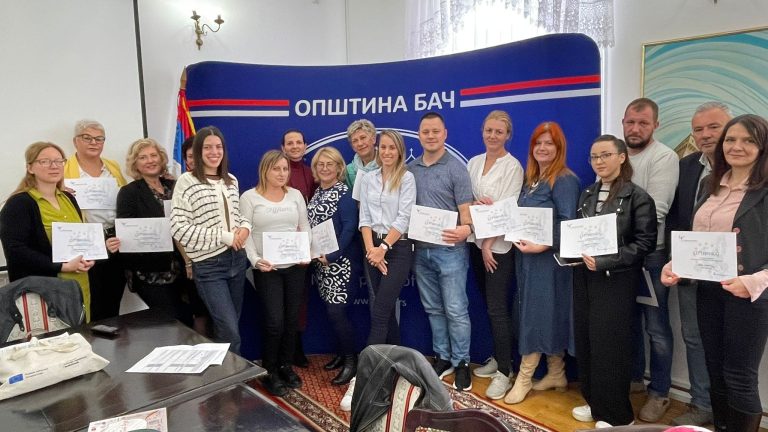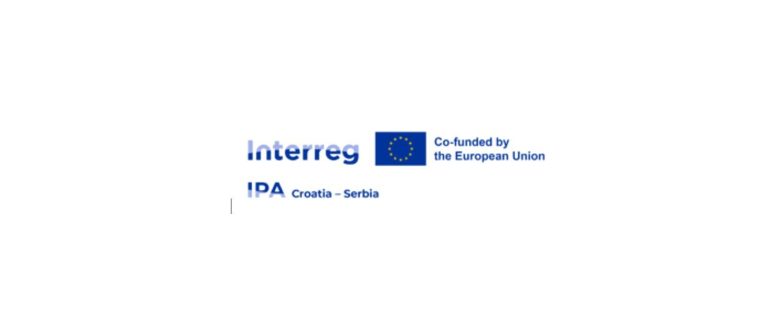Interview with Predrag Novikov, published in “DNEVNIK” on 22 December
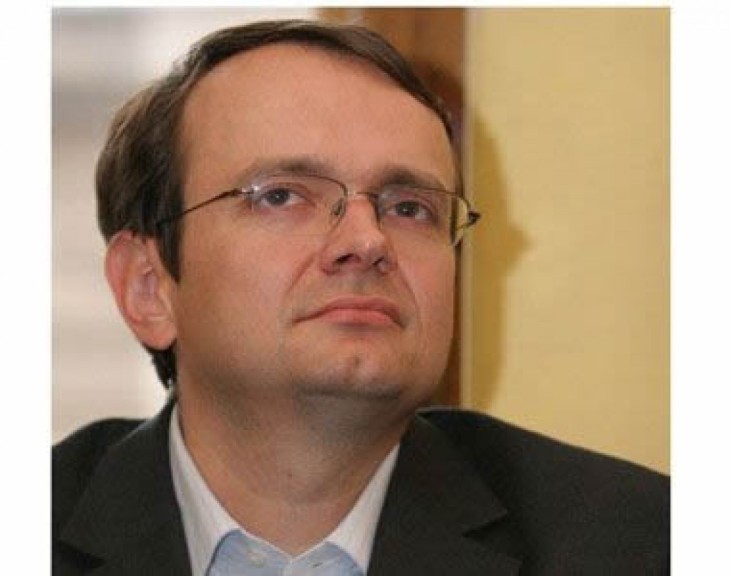
Europeisation should be relocated from ministerial armchairs
The key problem in Serbia is, in fact, that there is no consensus on whether the EU is our priority aspiration; this estimate has been given at a recently held meeting dedicated to European integration in Novi Sad. Nevertheless, according to Predrag Novikov, Director of the Office for European Affairs of the Executive Council of the Autonomous Province of Vojvodina, there are problems on the other sides as well. “There is never full consensus on any subject, however, there is nothing wrong about that. It is normal that some people push forward, while a lot of them do not push anywhere, but they either do not know where they head to, or what they would do, and thus they hinder. The Province of Vojvodina has shown that it knows where and how. However, it seems now that at some other levels, there may not be a clear notion of what Europeisation really is and what exactly is to be done about it”, has said Novikov for “Dnevnik” . He points out that in that context one cannot talk about equal development and regions, yet not obey the basic European subsidiarity principle, ask regional entities of nothing, and ask municipalities in Serbia proper to create European projects, whereby not giving them an opportunity to build their capacities. “Why is Vojvodina today the only European chance for Niš, Užice and many others? Instead of empty promises and waving with imaginary dates and funds, you should give people specific information about when the deadline is, where the application form can be found, how and to whom applications are to be sent, etc. Isn’t it humiliating that we in the province obtain technical information on funds and other development initiatives from our EU partners much faster and easier than from relevant republican institutions! Therefore, the process of Europeisation should be relocated from ministerial armchairs to common people. l Is the Office for European Affairs of the Provintial Executive Council turning into a Ministry of Foreign Affairs of Vojvodina, as the opposition claims? “It is not important what the cat’s name is but whether it catches mice. The Office for European Affairs is turning into a stronger and more reliable engine of Europeisation and regional cooperation and the Executive Council can be proud of that. Less than three years ago, President Pajti? and I started from an idea and a piece of paper with a sketch of goals we wanted to achieve. Today we have a great number of realized projects and an established network of contacts and regional partnerships across Europe. We want to have higher quality information and to be at places where approaches are adopted and decisions are made, therefore, we are members of British and French institutes of foreign affairs, Institute of the Regions of Europe in Salzburg, institutes in Brussels, regional initiatives, etc. Of course, colleagues from the opposition should not be taken amiss. On the one hand, it is the very nature of this specific work, and on the other hand, lack of knowledge about our great number of activities from London, Copenhagen and Paris, across Ljubljana, Graz and Brussels, to Trieste and Salzburg, realized in coordination with and with the support of the colleagues from the MFA, our embassies, consulates, etc. We are partners with the Ministry of Foreign Affairs and not their competitors. Regional cooperation and development policy of Vojvodina are based on the building of an open, peaceful, stable and prosperous society, then economic growth, institutional building and using the opportunities on the European way, and as far as I know, these are also the principles and strategic state approaches. l It is almost certain that Serbia will not achieve the status of a candidate country in 2009. Does it also mean that Vojvodina will not increase its presence in Brussels in the following year? “If we talk about the official opening of a representation office in Brussels, the provincial administration is of the view that there are two steps towards starting this most important process. The first one is achieving the status of a candidate country for our country’s accession to the EU, and the second one is entering into force of the legal framework for the realization of the initiative, and that is the new provincial statute which clearly foresees it. However, if for some reason or other, some of these steps are delayed, life and economic reality will find their way one way or another sooner or later. Increased presence in European capitals is not a goal on its own, nor someone’s whim, but it is a bare necessity if we want to maintain and increase the level of investment and employment, if we wish to increase the use of European funds, if we want to change our country’s bad reputation and present our culture in the best possible light, and give new chances to young people and all the people in the country. You can like or dislike the EU, you may start with the principle ‘the further the country, the better friends’, yet you cannot turn a blind eye to economic data, safety reality, demographic trends and development prospects. We are what we are, a part of European civilization and European economic and cultural area. l To what extent is cross-border, i.e. regional cooperation endangered due to political tension at higher governmental levels? “If we talk about the CBC programmes that are financed from IPA funds, then I am pleased to say that we have realized about ten projects in Vojvodina under the CBC programmes with Hungary and Romania in the previous period, and the CBC programmes with Bosnia and Herzegovina and Croatia are expected to start next year, with a total annual budget of about €15 million. The particular importance of CBC and regional cooperation lies in the fact that it can function well even if there are “delays” at higher levels. It can be in some way an important foreign policy framework in “specific situations”. The fact that you cannot reach an agreement on some questions at national level does not mean that you should decrease the economic chances of yourself and your neighbour at regional and local level. We do not live on a desert island and the general situation in the whole regional has great impact on our economic prosperity too.
We are wasting too much time
“Time is money, each missed year on the European way decreases the chances of our citizens and future generations to have a better life. A market of 500 million people, economic development, level of structural funds, a more stable currency, gradual strengthening of administration and application of higher standards are a clear and rational framework for long-term development of the whole society. Therefore, I would really like to know how one can be of the opinion that we will succeed in maintaining the employment level if we distance ourselves from the EU in the following years.
